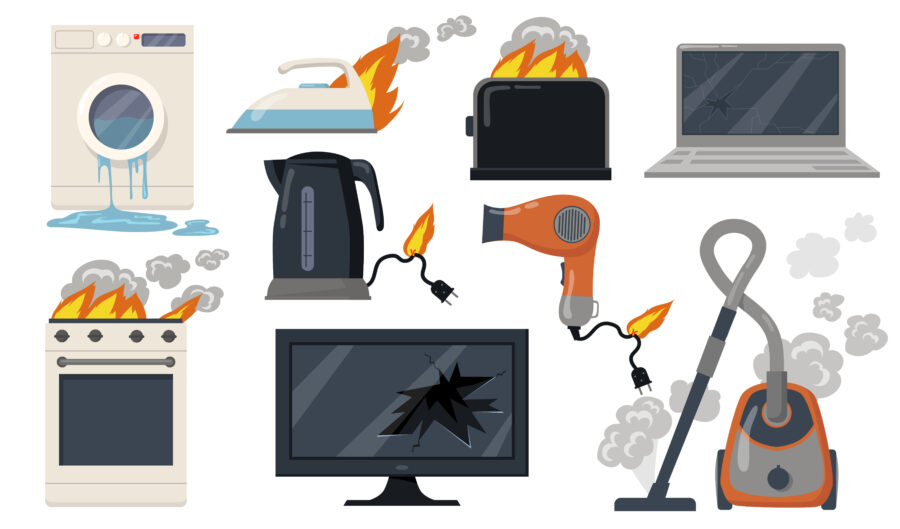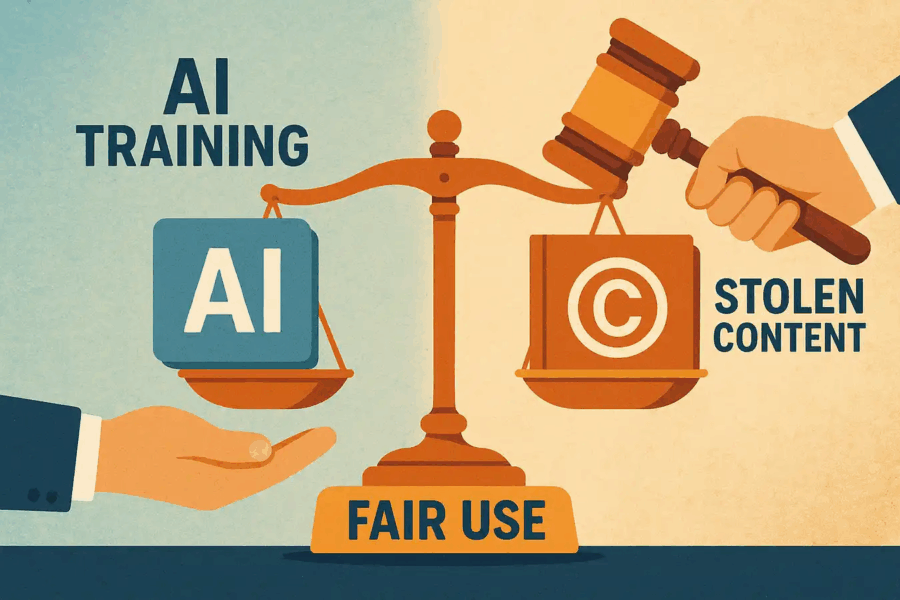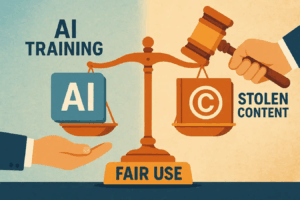AI In The C-Suite: Rethinking Director Reliance Under DGCL § 141(e) In The Age of Algorithms
By: Chelsea Marie Mojica

We now live in an Age of Algorithms where algorithmic machines are seen as “a kind of glue binding the world together through reliable pathways of mathematics and symbolic logic.”[1] With just a push of a button, artificial intelligence (“AI”) can mimic human functions, gather data and make a prediction, and generate various outputs.
Although many believe that modern AI began its development in the mid 1900s[2], AI use has significantly increased within the past few years. Notably, in 2022, a small research laboratory, famously known as OpenAI, released its first version of ChatGPT, an AI chatbot that can answer questions, develop emails, and everything in between.[4] In 2025, OpenAI’s CEO Sam Altman announced that “more than 800 million people use ChatGPT every week.”[5] Professionals are using AI in various ways. Among the many users are UK Judges, who have the ability to use ChatGPT as a supplement to write judgments.[6] Two lawyers, Peter LoDuca and Steven A. Schwartz, “submitted non-existent judicial opinions with fake quotes and citations created by the artificial intelligence tool ChatGPT, then continued to stand by the fake opinions after judicial orders called their existence into question.”[7] As a result, the two attorneys were sanctioned and required to each pay $5,000 to the client they represented.[8]
Read More
















